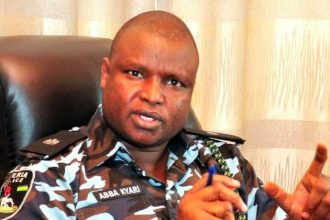The United Nations Children’s Fund has said that over two million children in Nigeria are suffering from severe acute malnutrition, making the country the worst-hit in Africa and the second highest globally.
In a statement shared on its website on Tuesday, UNICEF warned that only two out of every 10 children affected are currently getting treatment.
“Nigeria has the second highest burden of stunted children in the world, with a national rate of 32 percent among children under five,” the statement said.
It added, “An estimated two million children in Nigeria suffer from severe acute malnutrition, but only two out of every 10 children affected is currently reached with treatment. Seven percent of women of childbearing age also suffer from acute malnutrition.”
UNICEF explained that malnutrition is a cause of 45 percent of all deaths among children under five years old. It also linked poor nutrition to weak brain development, poor school performance, and lower productivity later in life — all of which could cost Nigeria up to 11 percent of its total income.
The agency pointed out that the situation is especially bad in northern parts of the country where many children suffer from stunting and wasting, the two major forms of malnutrition.
It also expressed concern about low breastfeeding rates, saying only 17 percent of babies in Nigeria are exclusively breastfed during the first six months of life, which is far below the global recommendation.
“Just 18 percent of children aged six to 23 months are fed the minimum acceptable diet,” UNICEF added.
UNICEF said it is working to help vulnerable women, children, and adolescents get better access to food, health care, and information — especially in emergency situations.
“We aim to ensure that women, children and adolescents, particularly in vulnerable and deprived areas, benefit from increased access to and use of quality services and information to prevent and treat malnutrition, including in emergencies,” the agency said.
Health experts say urgent action is needed from the government and development partners to save lives and improve the health of Nigerian children.











